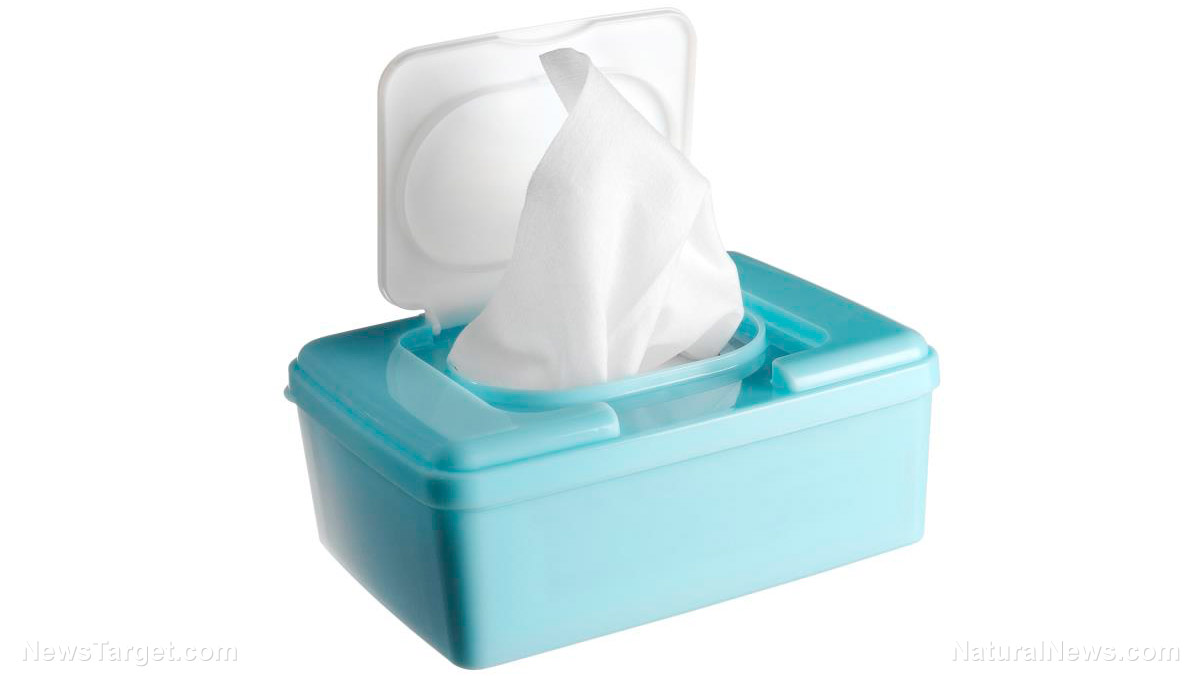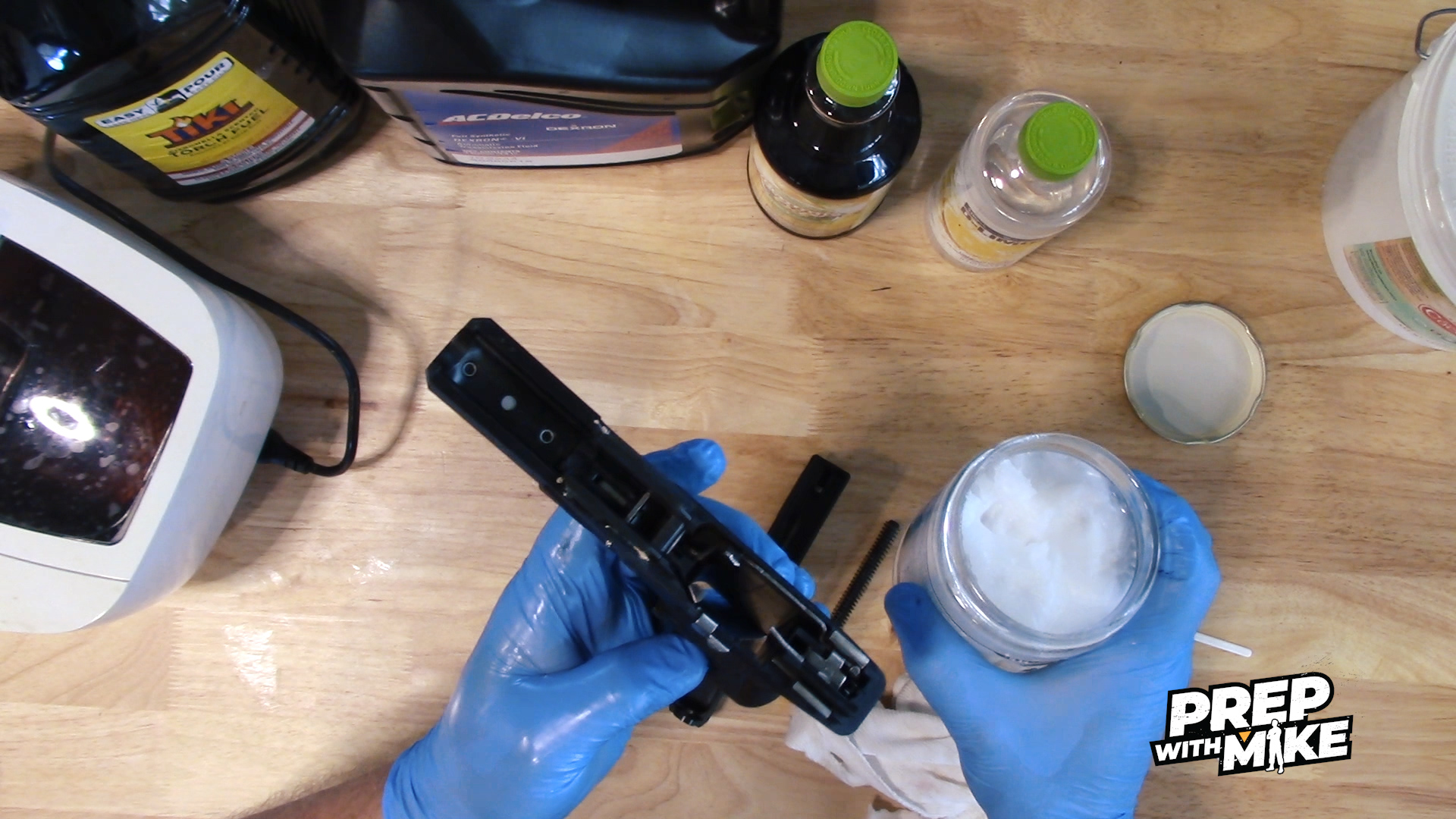Home // Home & Life
Prepper first aid: 14 Dangerous things to remove from your medicine cabinet
By Divina Ramirez // Oct 01, 2021
TAGS: cleaning, damaged products, Dangerous, expired products, homesteading, medicine cabinet, natural health, off grid, preparedness, prepper, prepping, prevention, survival, tips

All too often, medicine cabinets are used as a catch-all for nearly all kinds of products, from expired pills to old razors and batteries. Chances are, if you open your medicine cabinet, you'll find old prescription bottles or foul-smelling liquid products in damaged packaging that you once thought might come in handy.
However, such products may cause more harm than you realize. Listed below are 14 things that you likely have in your medicine cabinet collecting dust and posing a threat to your health: (h/t to AskAPrepper.com)
- Old or unidentifiable medicines – People like to keep old prescription medicines past their expiration dates because throwing them out feels wasteful. But old medicines can be dangerous if they've already lost potency. It's best to dispose of them immediately.
- Old cosmetic products – As is the case with prescription medicines, most women like to keep lipstick, eyeshadow and other cosmetic products they've bought years ago because throwing them away feels wasteful. However, cosmetic products can also go bad. There have been reports of old cosmetic products causing infections and damaging the skin when used. Saving a few dollars isn't worth the health issues you might have to deal with if you insist on using expired cosmetic products. Here's a guide on when to throw away your cosmetic products.
- Discolored products – Sometimes, you don't have to check the expiration date on the packaging to know that a product has gone bad. Just rely on your senses. If it's no longer the same color or smell as when you bought it, it may be time to throw it away. Changes in color and smell usually indicate a chemical change has occurred. To be on the safe side, get rid of them immediately.
- Pimple products – Products designed to treat pimples usually have active ingredients that only last for a few months. If you have pimple products that have been in your medicine cabinet for a long time, throw them away. It's highly unlikely they'll still be able to treat your pimples.
- Expired sunscreen – Federal regulators require that sunscreens remain potent for at least three years after the expiration date on the packaging. Check your medicine cabinet for expired sunscreens and throw away those that are past that three-year window. (Related: Some sunscreen brands contain this toxic, cancer-causing chemical.)
- Old rubbing alcohol – Rubbing alcohol can also lose its potency over time. When that happens, it's about as useful as water.
- Old contact lens cases – Old contact lens cases can become a breeding ground for bacteria. Get rid of them immediately.
- Expired contact lens solution – Never use contact lens solutions past the expiration date, even if the bottle is still full. It's very easy for contact lens solutions to become contaminated.
- Old petroleum jelly – Unrefined petroleum jelly may contain potentially dangerous contaminants. If you have an old bottle or jar in your medicine cabinet, throw it away to avoid exposing yourself to potentially dangerous substances.
- Damaged feminine hygiene products – Feminine hygiene products, such as tampons and sanitary napkins, aren't packaged as sterile products. This means bacteria and mold can grow on them if they aren't stored properly. If you have feminine hygiene products with damaged packaging, throw them out.
- Products with damaged packaging – Always assume that anything with damaged packaging has been contaminated, even if the product is unused. The prospect of saving a few bucks isn't worth risking your health. Just get new ones.
- Old razors – Razors don't expire like medicines or cosmetic products, but they can rust. Keeping them in your medicine cabinet where moisture can become trapped will easily cause them to rust.
- Old batteries – So many small devices kept in medicine cabinets, like digital thermometers, require batteries. Old or dead batteries will damage those devices if they aren't removed. Check the batteries in small devices you may have in your medicine cabinet periodically.
- Non-functional medical devices – Make sure any small device you may have in your medicine cabinet is still working. If they're no longer functional even after you've changed the batteries, throw them out. Chemicals from their components can leach and pose a health risk.
Go to Preparedness.news to learn more about what a prepper's medicine cabinet should look like.
Sources include:
Related Topics
cleaning damaged products Dangerous expired products homesteading medicine cabinet natural health off grid preparedness prepper prepping prevention survival tipsLatest News
05/17/2023 / By Ethan Huff
05/17/2023 / By Ethan Huff
Related News
02/25/2022 / By Zoey Sky
02/22/2022 / By Zoey Sky
08/12/2021 / By Divina Ramirez
09/02/2020 / By Mike Adams
07/01/2020 / By Franz Walker
Take Action:
Support NewsTarget by linking to this article from your website.
Permalink to this article:
Copy
Embed article link:
Copy
Reprinting this article:
Non-commercial use is permitted with credit to NewsTarget.com (including a clickable link).
Please contact us for more information.
Please contact us for more information.




















